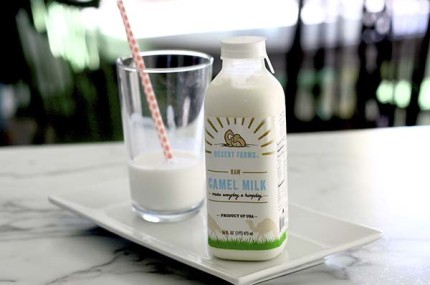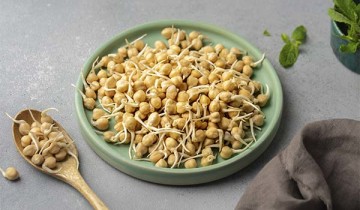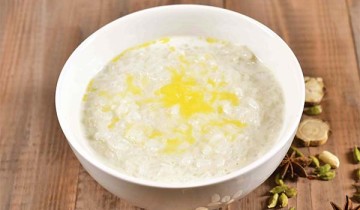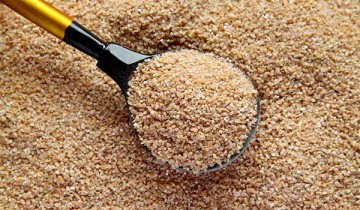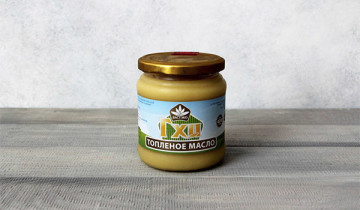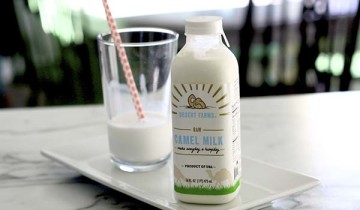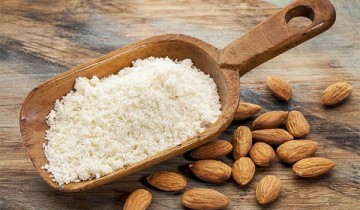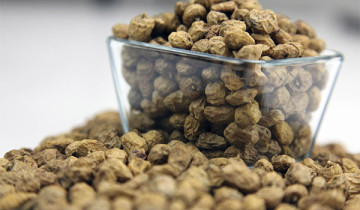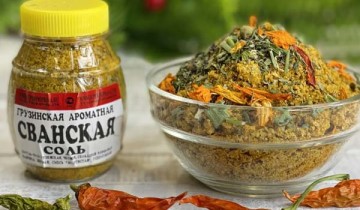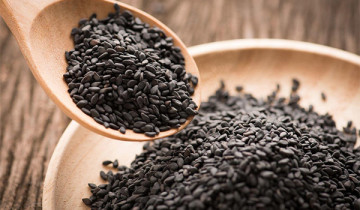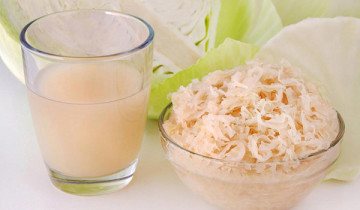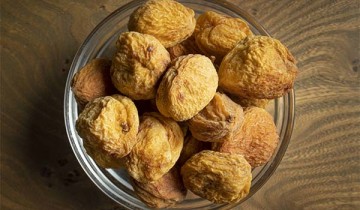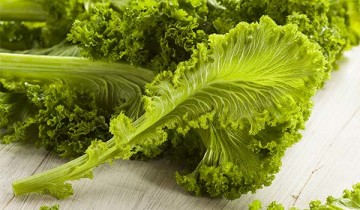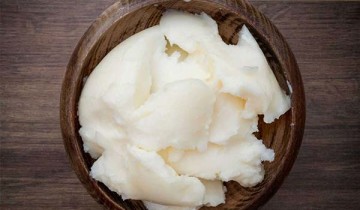Online magazine about food and good nutrition
Almost everyone is faced with the need to eat right one day. Some come to this earlier, others later. It is no coincidence that the words of the famous ancient Greek healer and philosopher Hippocrates "we are what we eat", said in the V century BC, do not lose relevance today. And nutritionists unanimously agree that a healthy, complete diet is the secret of longevity.
Useful columns
Every foodstuff contains a storehouse of certain substances, which influence our organism in different ways. A lot depends on what we eat: our health, immunity and even mood. If you learn how to use information about food correctly, you can greatly improve your health.
This site has 24 headings, each of which deals with a particular product. You will learn everything about it, including:
- chemical composition, calories;
- health benefits and drawbacks;
- storage rules;
- tips on choosing;
- delicious recipes for cooking;
- interesting facts.
Who writes and how do the articles appear on the site?
All articles and publications on the site are written by authors knowledgeable in a particular topic (medicine, dietetics, nutrition, etc.). Before publication, each article is proofread and checked by the editors.
Various authoritative sources (medical journals and books, scientific studies, foreign publications) are used to write articles.
Important: All information on this site is provided for introductory purposes only. Neither the editors nor the authors are responsible for any possible harm caused by the materials.




